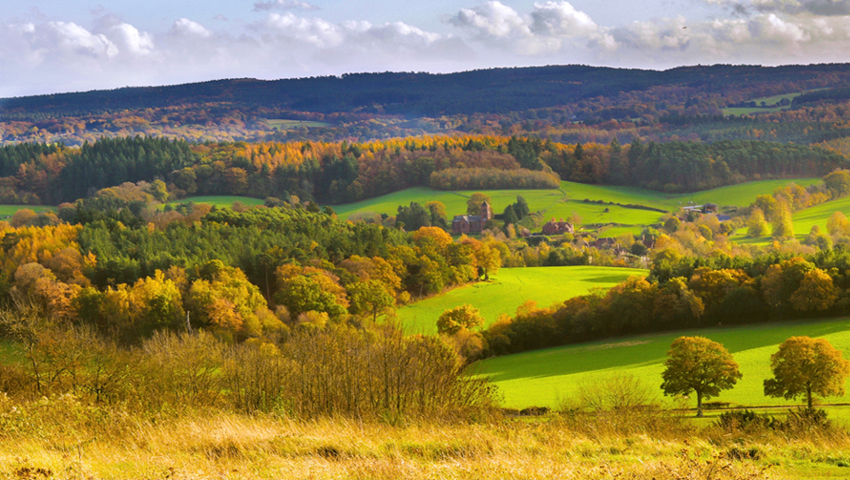Extracts from an article by Günter Walkner from the International Institute for Sustainable Development and Chair of the Committee on Forestry at the FAO.
MANY people are aware now of the value of forests in supporting biodiversity and mitigating the effects of climate change. But how many people fully understand the fundamental role forests play in the global food system?
Forested watersheds and wetlands supply 75% of the world’s accessible freshwater and are vital for drinking water and for crop irrigation. They protect the soil and provide a natural barrier against extreme weather, a habitat for pollinators, and shelter and fodder for livestock.
Forests also provide highly nutritious food from fruit and nuts to meat and insects. Around one billion people around the world depend upon such wild foods for a healthy diet, and many more of us will eat at least some of them in a year.
The world’s forests face a growing threat as climate changes. Also, land use changes create conditions for wildfires, pests, and disease to thrive. At the same time, we lose approximately ten million hectares – roughly the equivalent of 14 million football pitches – of forest each year to deforestation.
Thriving, healthy forests must be placed at the heart of a sustainable global food system.
The Food and Agriculture Organization of the UN (FAO) understands how inextricably linked forests and agriculture are. FAO maps and monitors what is happening to the world’s forests and trees and has studied for decades how they contribute to the world’s food supplies.
FAO uses its global and local reach to support governments and farming communities everywhere to develop the know-how, capacity, and systems needed to transform the way food is produced. Agroforestry, in which trees are managed in conjunction with crops and livestock, is key to this as it can boost agricultural productivity in the long term. At the same time, policies must be aligned to promote sustainable practices, and far greater coherence and coordination are needed between sectors to move faster towards shared goals.
I grew up near forest in Austria and have managed forests for decades. This personal experience means I have seen close up the many benefits they provide. As the chair of FAO’s forestry governing body, the Committee on Forestry, I would like to draw wider attention to the extraordinary value of forests, including for food security. It is our collective responsibility to make sure their value is fully understood, everywhere.
FAO’s Committees on Forestry and on Agriculture are working together to make this happen, and promoting the value of forests will be high on the agenda as the 32nd Session of the North American Forest Commission meets this week in Fredericton, New Brunswick, Canada.
But we must also not overlook the knowledge and expertise of forest communities themselves. Indigenous Peoples, local communities, and forest families around the world already know the value of forests. They live and breathe the forest and have generations of knowledge and experience that no scientist or clever technology can ever acquire. Women and youth have an important role to play in the global effort to come up with ideas and practical solutions to problems on the ground. If we do not recognize the vital role they can play and if we neglect to listen to and support them, all our other efforts will be in vain.
